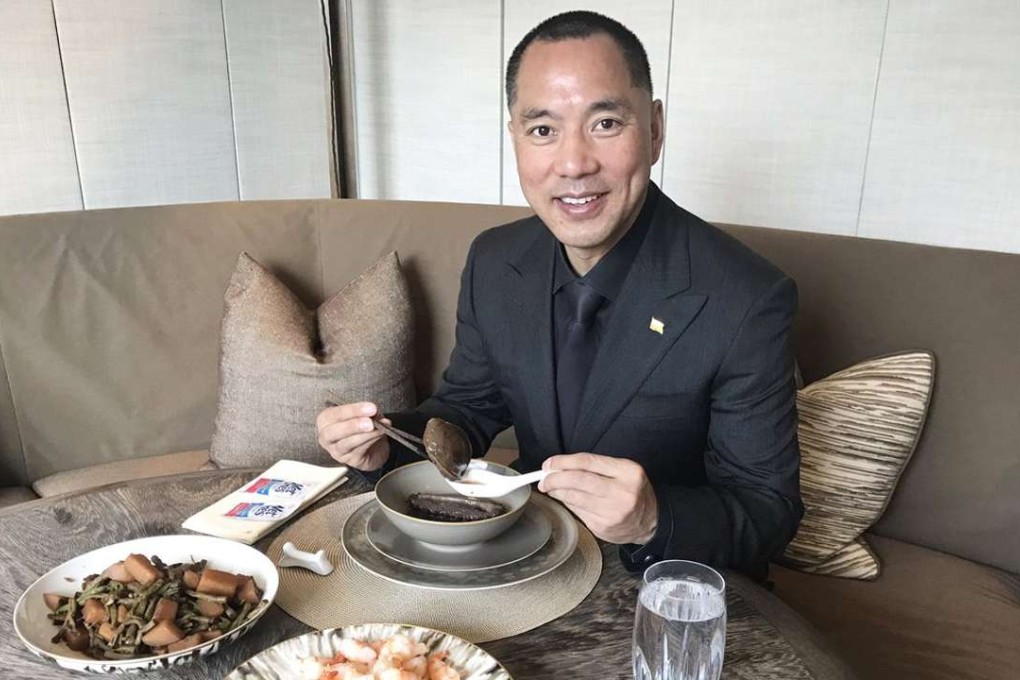Update | Interpol issues red notice for Chinese tycoon Guo Wengui ‘at Beijing’s request’ after corruption claim report
Notice follows recent reports in which Guo claims to have proof of corrupt activities undertaken by officials

The Interpol on Tuesday evening issued a red notice for Chinese tycoon Guo Wengui at China’s request, sources who were briefed on the notice told the South China Morning Post.
The sources, who asked not to be identified, said Guo – who has close ties to disgraced former state security vice-minister Ma Jian – was suspected of bribing Ma with 60 million yuan (HK$67.8 million, US$8.72 million), according to the Interpol notice.
Ma is presently under corruption investigation.
The Ministry of Public Security in Beijing did not respond to faxed questions for comment, while the Interpol told the Post that it would not comment on specific cases or individuals.